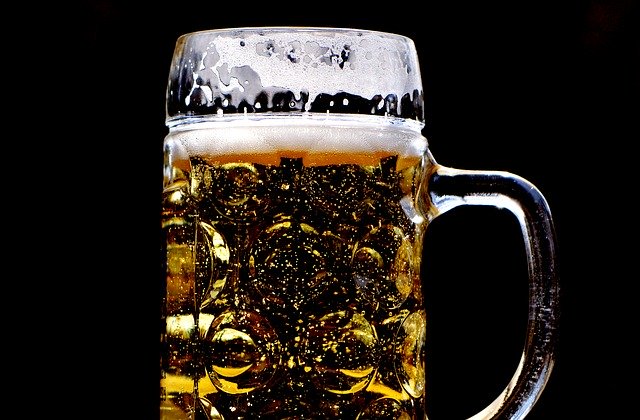The South African Medical Research Council (SAMRC) found the reintroduction of the sale of alcohol led to a near-immediate increase in trauma cases at hospitals across South Africa. This has resulted in the Parliamentary Portfolio on Health taking steps to formulate an “action plan” around the nation’s abuse of alcohol.
According to Committee Chairperson Dr Sibongesi Dhlomo, while there are relatively few South Africans who consume alcohol, those who do do so excessively. He added that the Committee believes that South Africa can no longer discuss the GDP benefits of alcohol without also talking about its “costs of cleaning up”.
Dhlomo said that hospital admissions, intensive care usage, gender-based violence (GBV) and death all increase as a direct result of alcohol abuse.
“The committee has agreed to meet next week to formulate an action plan on the basis of the report,” he said. “This is in line with a letter sent to the Speaker of the National Assembly by a group of academics, researchers and policy specialists offering advice on steps to curb the abuse of alcohol in South Africa. The letter has since been referred to the committee for consideration.”
Parliament’s internal research unit used the SAMRC’s presentation to the Committee to outline draft regulations to consider in the fight against alcohol’s damage to South Africa.
“South Africa needs to control alcohol in order to save lives, improve health, and strengthen the economy. This is possible given the listed three draft Bills that require deliberation in order to increase regulation,” the SAMRC said in a presentation to Parliament.
These drafts include:
- The Draft Control of Marketing of Alcoholic Beverages Bill of 2013
- The Draft Traffic Amendment Bill of 2015
- The Draft Liquor Amendment Bill of 2017
The Draft Control of Marketing of Alcoholic Beverages Bill deals with the advertising of liquor. This includes what time alcohol adverts may be shown on television, where alcohol may be sold and to whom it may be sold.
The Draft Liquor Amendment Bill proposes the following:
- Increasing the legal drinking age to 21 years of age
- The introduction of a 100-metre radius limitation of trade around educational and religious institutions
- Banning of any alcohol sales and advertising on social and other small media
- The introduction of new liability clause for alcohol-sellers
The Traffic Amendment Bill has already been approved by President Cyril Ramaphosa and will come into effect by the end of the year. This Bill includes a zero-tolerance approach to drunk driving.
It will also introduce the prohibition on the use and consumption of alcohol by all motor vehicle operators in the country. The laws draw careful distinction between normal drivers and those who do so professionally.
Also read:Trauma cases decreased by up to 50% after first booze ban
Picture: Pixabay

